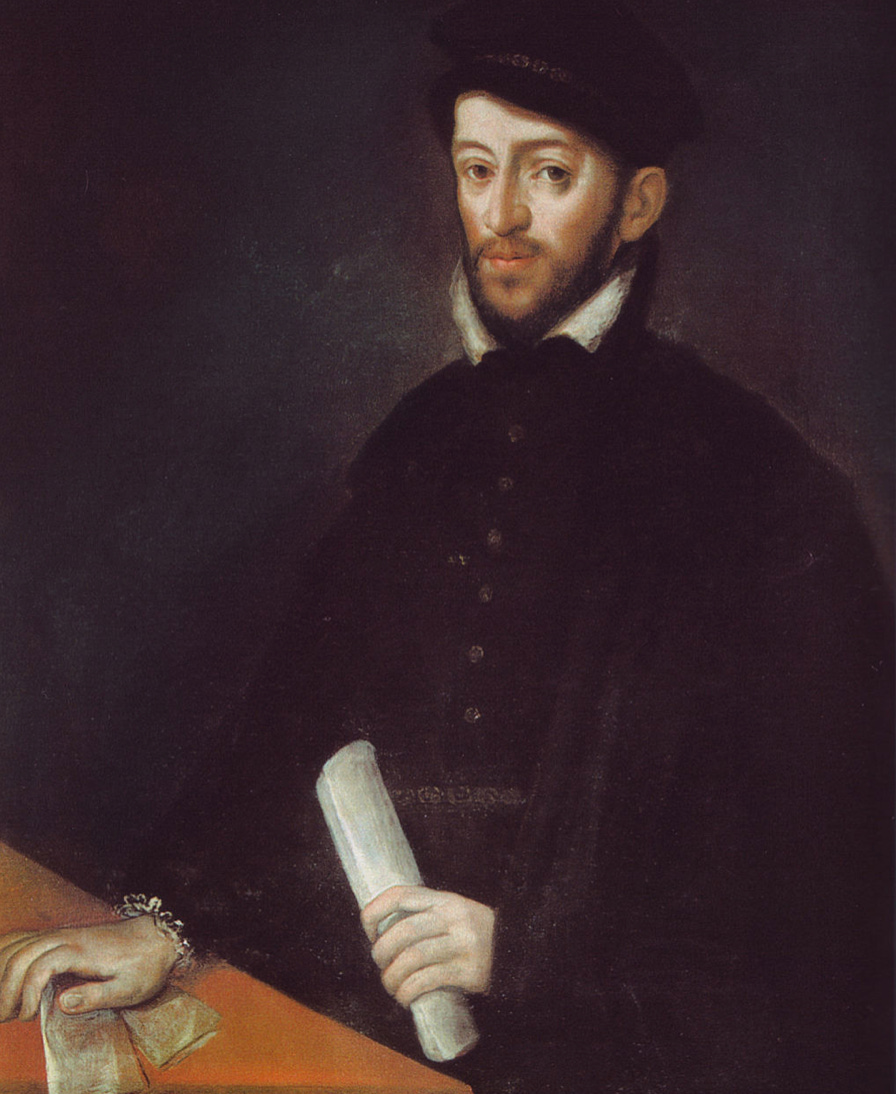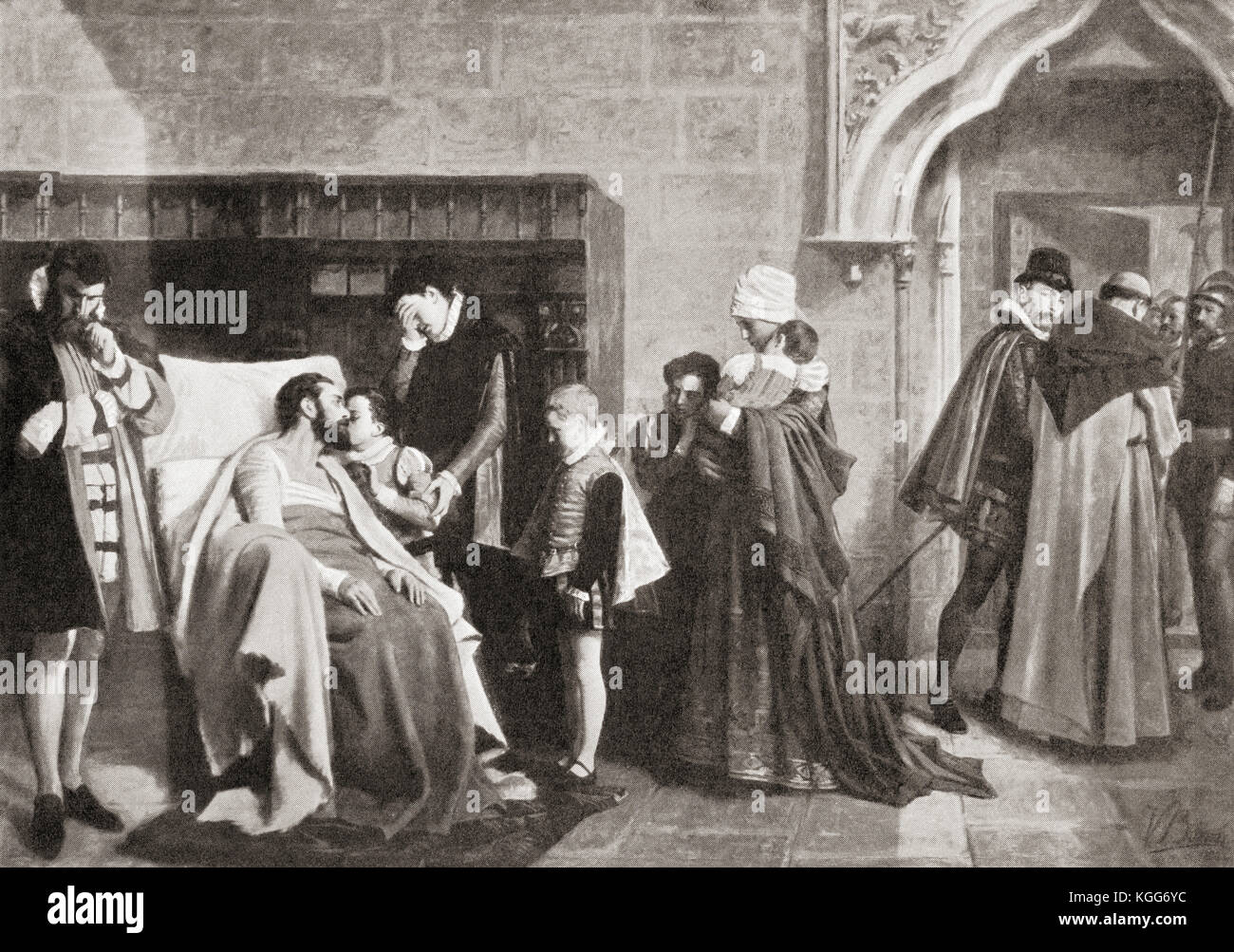
Have you ever found yourself pondering the experiences of those who lived within the opulent yet treacherous confines of a powerful king’s court? The life story of **Antonio Pérez**, a notable Spanish courtier, is an enthralling narrative brimming with elements of intrigue, betrayal, and the relentless struggle for survival. His journey offers a vivid glimpse into a world where loyalty was often tested, and alliances could shift in the blink of an eye. As we explore the life of this remarkable individual, we will uncover the complexities of courtly life, the delicate balance of power, and the constant threat of danger that loomed over those who sought favor in the eyes of the monarch. Join us as we delve deeper into the captivating saga of Antonio Pérez, a man who navigated the perilous waters of royal politics with both cunning and resilience.
Early Life: The Roots of a Courtier

Born into Complexity
Antonio Pérez entered the world in the year 1534, in the bustling city of Madrid, Spain. His life began under unique circumstances, as he was the illegitimate son of Gonzalo Pérez, a prominent figure who held the esteemed position of secretary to Emperor Charles V. This unconventional start set the stage for a life filled with both challenges and opportunities. The influential connections that his father cultivated would later prove to be pivotal in shaping Antonio’s future, providing him with a network that many could only dream of accessing.
Climbing the Social Ladder
With a combination of charisma, intelligence, and relentless ambition, Pérez adeptly navigated the complex social landscape of his time, ultimately securing a position in the service of King Philip II. By the year 1568, his hard work and strategic maneuvering had paid off, as he ascended to the prestigious role of the king’s secretary. This significant appointment not only elevated his social standing but also placed him at the very center of Spanish political affairs, allowing him to influence decisions that would impact the nation and its empire for years to come.
The Court of Philip II: A Dangerous Playground

Intrigue and Rivalry
Life at the royal court was far from the glamorous existence that many imagined; it was a perilous arena filled with danger and deception. Pérez found himself ensnared in a web of powerful adversaries who were determined to undermine him at every turn. The grandees and various rivals within the Spanish civil service harbored deep-seated animosity towards him, viewing him as a threat to their own ambitions. Can you envision the challenge of maneuvering through such a hostile environment? It was akin to walking a tightrope high above the ground, with no safety net to catch him should he falter!
Playing Both Sides
In a desperate bid for self-preservation, Pérez resorted to a complex strategy of intrigue and manipulation. He skillfully played both sides of the political divide, forging alliances with influential figures such as Juan de Austria, the half-brother of King Philip, while simultaneously courting the favor of the Netherland rebels. This duplicitous approach, however, was a double-edged sword, and it would ultimately pave the way for his own undoing. As he navigated this treacherous landscape, the very alliances he forged to protect himself would soon become the instruments of his downfall, illustrating the perilous nature of courtly life where trust was a rare commodity.
The Assassination of Juan de Escobedo

A Fatal Decision
In the year 1578, a pivotal and tragic event unfolded as Pérez orchestrated the assassination of Juan de Escobedo, who served as the secretary to Juan de Austria. Driven by paranoia and the fear that Escobedo might reveal his own treacherous schemes, Pérez cunningly manipulated the situation to convince King Philip II that Escobedo was plotting against him. This fateful decision, rooted in betrayal and deceit, would cast a long shadow over Pérez’s life, haunting him with the weight of his actions and the consequences that followed.
The King’s Wrath
When the truth of Pérez’s betrayal came to light, King Philip II was consumed by a fury that shook the very foundations of his reign. The revelation of Pérez’s duplicity not only shattered the king’s trust but also created an irreparable rift between them, one that would never be mended. The atmosphere must have been charged with tension, akin to a storm brewing ominously on the horizon, as the king grappled with feelings of betrayal and anger. Pérez, once a trusted confidant, now found himself in a precarious position, facing the wrath of a monarch who felt deeply wronged. The repercussions of that single, fatal decision would ripple through the corridors of power, forever altering the course of their lives and the fate of the kingdom.
Imprisonment and Escape

Years in Captivity
On July 28, 1579, Pérez was arrested along with the Princess of Eboli. He spent the next 11 years in prison, enduring relentless attempts to extract confessions from him. But Pérez was no ordinary prisoner; he was a master of survival.
The Great Escape
In April 1590, Pérez managed to escape to Aragon, where he sought protection from the local courts. For the first time, he accused Philip II of murder. This bold move ignited a series of riots in Saragossa, as the populace rallied behind him.
Exile and Legacy

Fleeing to France
In November 1591, Pérez fled to France, leaving behind the chaos of Spain. His life in exile was marked by a relentless campaign against Philip II, contributing to the infamous “black legend” surrounding the king.
Life After Philip II
After Philip II’s death in 1598, Pérez’s influence waned. He sought a pardon from Philip III, but his efforts were in vain. He died in exile, a man haunted by his past decisions.
Antonio Pérez’s Writings

Relaciones: A Window into His Mind
Pérez’s memoirs, known as Relaciones, were published in 1598. These writings provide a unique perspective on the political intrigues of his time. They are a testament to his complex character and the turbulent era he lived in.
Impact on History
His accounts have contributed significantly to our understanding of the Spanish court and the machinations of power. They serve as a reminder of how one man’s ambition can alter the course of history.

The life of Antonio Pérez is a gripping tale of ambition, betrayal, and survival. From his rise as a courtier to his dramatic fall from grace, Pérez navigated a world filled with danger and deception. His story serves as a cautionary tale about the perils of power and the lengths one might go to secure their position.
Table: Key Events in Antonio Pérez’s Life

| Year | Event |
|---|---|
| 1534 | Born in Madrid, Spain |
| 1568 | Became secretary to King Philip II |
| 1578 | Organized the assassination of Juan de Escobedo |
| 1579 | Arrested along with the Princess of Eboli |
| 1590 | Escaped to Aragon |
| 1591 | Fled to France |
| 1598 | Published Relaciones |
| 1611 | Died in exile in Paris, France |
In the end, Pérez’s life reminds us that history is often written by those who survive to tell the tale. His story is a blend of ambition and tragedy, a true reflection of the human experience.

